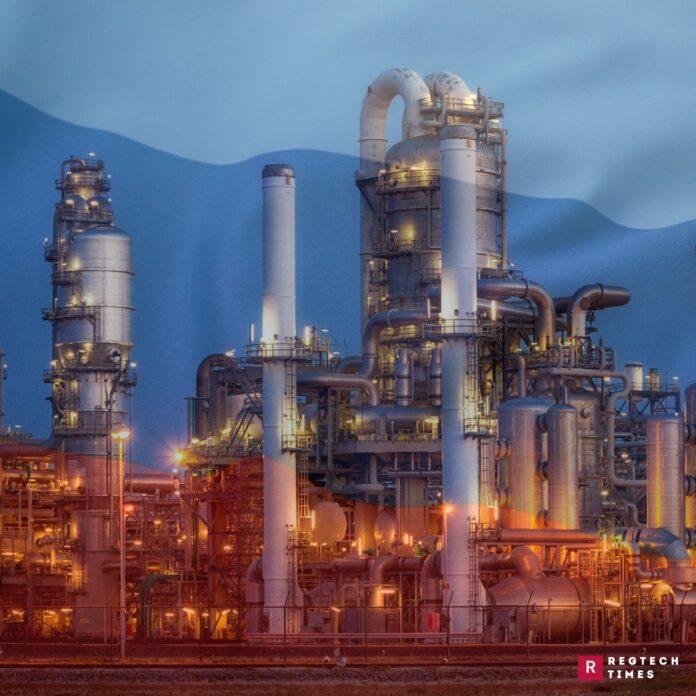The center of Russia’s oil refining industry had a major interruption at the beginning of January, which is representative of the larger structural issues the nation is facing in the face of intensifying geopolitical tensions. The discovery of a major fault in a turbine at the company’s biggest refinery by engineers at the well-known Russian oil company Lukoil highlighted not only a minor operational issue but also a serious weakness in the Russian oil sector. This event at the Volga River-front NORSI refinery highlights the complex network of reliance, adaptability, and resilience that defines Russia’s oil industry in the face of Western sanctions.
The key to the whole issue is the specialized knowledge needed to fix the broken catalytic cracker unit, knowledge that was previously easily obtainable from UOP, a major player in American petroleum engineering. But after Russia invaded Ukraine in February 2022, the geopolitical environment drastically changed, forcing UOP and many other Western companies to remove their services and support from the Russian market. The technical skills required for the upkeep and repair of complex oil refinery infrastructure—much of which was created using Western technology and expertise—have been severely compromised by this departure.
The consequences of this seclusion are severe. The difficulties the NORSI refinery is having resuming operations is a microcosm of the larger issues facing the Russian oil sector. The sanctions imposed by the West have not only targeted direct financial transactions but have also essentially prevented access to parts and technologies that are necessary for maintaining the intricate equipment that powers Russia’s oil refineries. Drone assaults by the Ukrainians on Russian facilities have made the technology blockade even more severe by increasing physical vulnerability in an already unstable scenario.
The Lukoil incident and the subsequent 40% decrease in gasoline output at the NORSI refinery demonstrate how geopolitical tensions have a domino effect on the world’s energy markets. Once supported by its abundant resources and worldwide alliances, the Russian oil sector is currently facing a dilemma. Finding alternate sources of knowledge and components to keep running is one of its urgent challenges. Conversely, there is the strategic obstacle of maneuvering in a quickly changing global environment where sanctions and retaliatory actions are redefining the parameters of interaction.
The world’s energy industry is keeping a close eye on Russia as it tries to adjust by looking for alternatives, including possible alliances with Chinese businesses. The predicament demonstrates the tenacity and resourcefulness of the Russian oil industry, but it also emphasizes how extremely susceptible the sector is to sanctions and world politics. The drama playing out inside the NORSI refinery is not only a tale of industrial misery but also a case study of how geopolitics, technology, and energy are intertwined globally, indicating a volatile time for the world’s oil markets.


